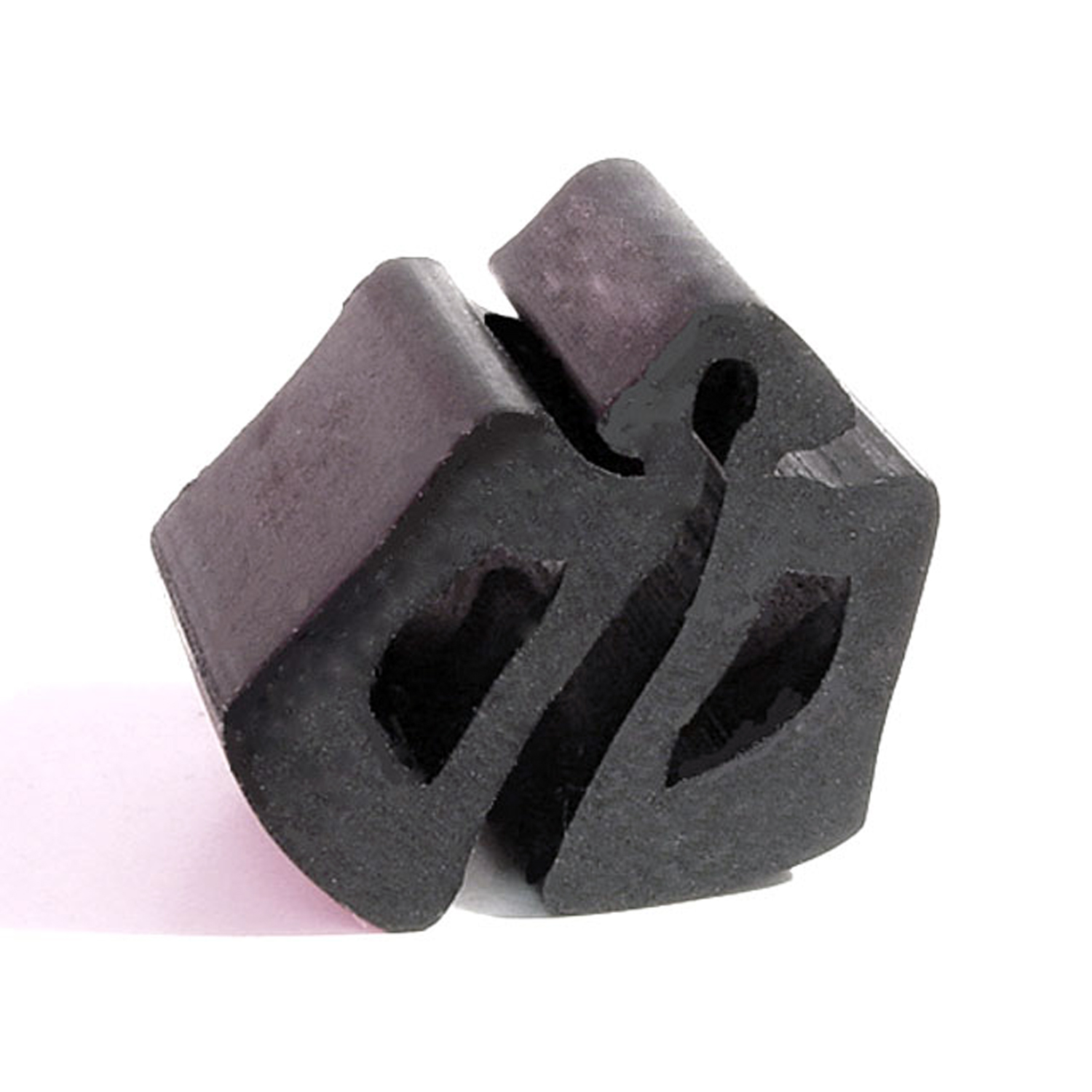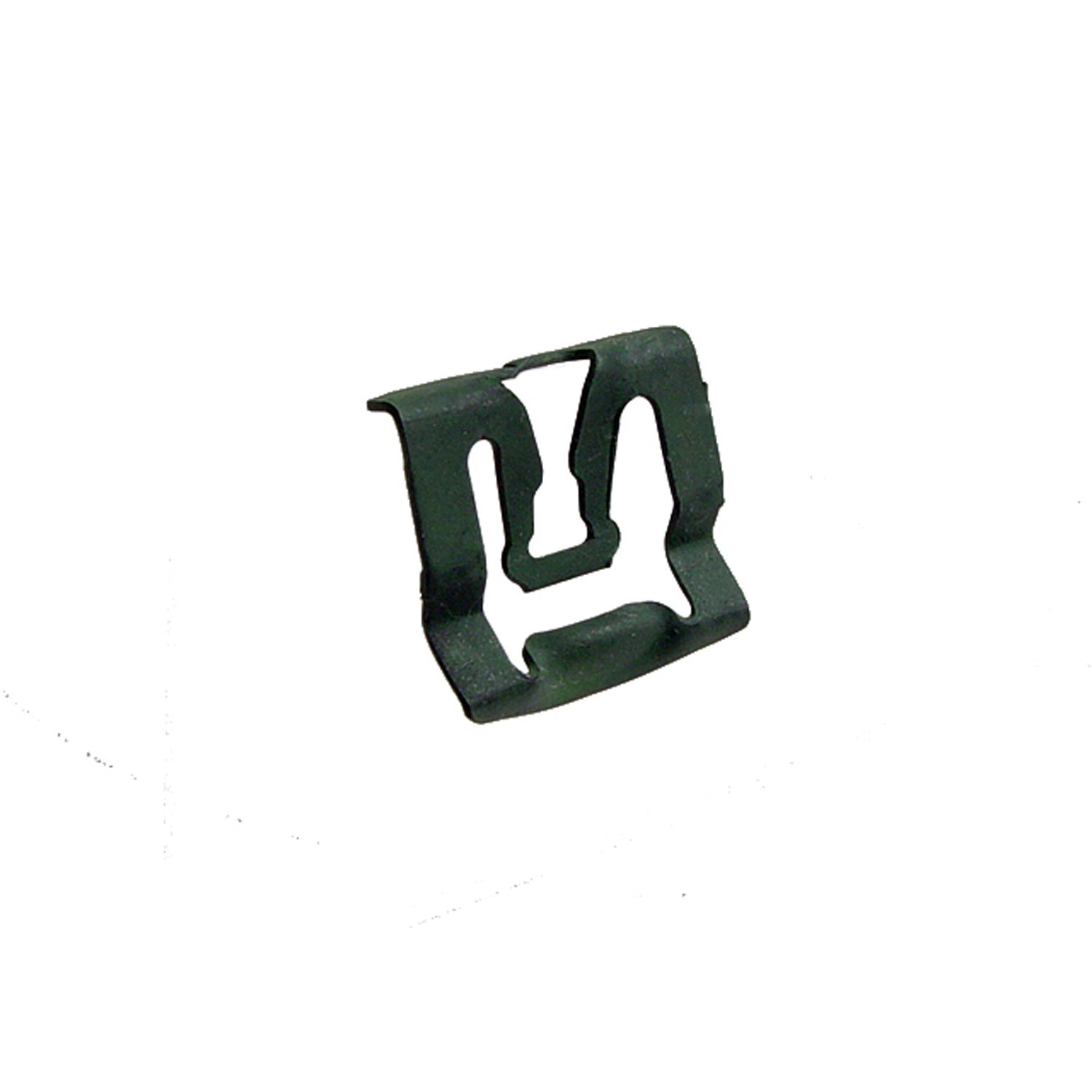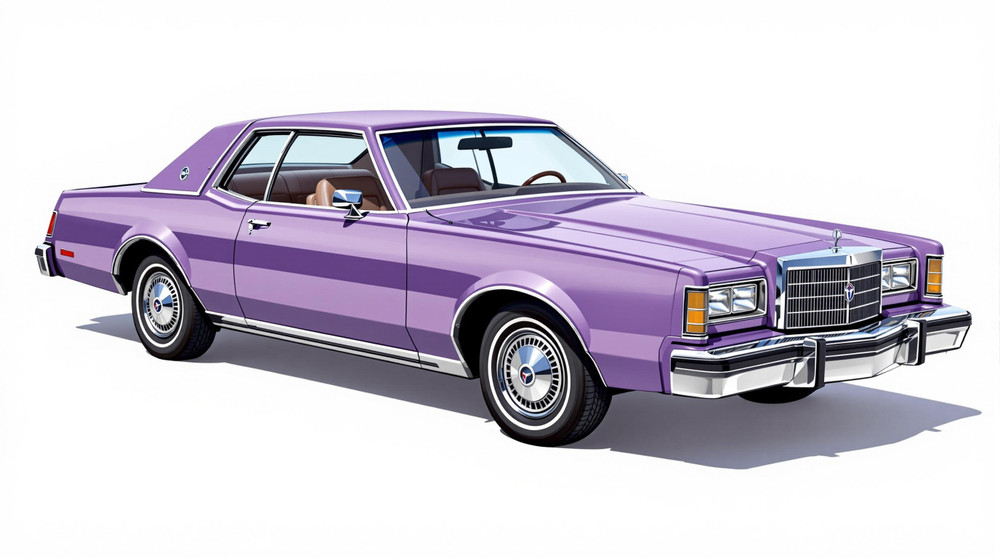Image of 1978 Mercury Zephyr, Note: These illustrations use artistic license and may differ from actual historical models.
Performance Metrics
Fundamental Metrics
Emotional Appeal
MMP Rating
| Engine Specifications | |
|---|---|
| Engine: | 2.3L I4, 3.3L I6, 4.9L V8 |
| Displacement: | 140-302 cu in |
| Horsepower: | 88-139 hp (estimated) |
| Torque: | 118-242 lb-ft (estimated) |
| Compression Ratio: | 8.4:1 - 9.0:1 (estimated) |
| Ignition System: | Electronic |
| Cooling System: | Liquid-cooled |
| Performance Specifications | |
| 0-60 Time: | 11-15 seconds (estimated) |
| 1/4 Mile Time: | 17-20 seconds (estimated) |
| Top Speed: | 100-110 mph (estimated) |
| Transmission and Drive | |
| Drive Type: | Rear-wheel drive |
| Transmission Type: | 3-speed automatic, 4-speed manual |
| Fuel and Efficiency | |
| Fuel System Type: | Carburetor |
| MPG: | 15-20 mpg (estimated) |
| Dimensions and Brakes | |
| Brakes: | Front disc, rear drum |
| Wheelbase: | 105.5 in |
| Weight: | 2,600-3,200 lbs (estimated) |
Note: Specifications for classic cars are given to the best of our ability, considering the limited and variant data available.
1978 Mercury Zephyr: A Forgotten Gem of the Late 70s
The 1978 Mercury Zephyr doesn't always spring to mind when classic car enthusiasts talk about the late 70s, but this often-overlooked model holds its own unique place in automotive history. Born from the stables of Ford's Mercury division, the Zephyr was introduced as a compact car designed to offer comfort and efficiency during an era of changing automotive landscapes. Its inception coincided with a period where fuel economy became paramount due to the aftermath of the oil crisis.
What sets the Zephyr apart is its shared platform with the Ford Fairmont—the versatile Fox platform. This connection would later underpin a variety of successful Ford models, including the iconic Mustang. The Zephyr's claim to fame was its balanced combination of modest luxury and practicality, which appealed to a wide range of buyers at the time.
Design and Innovation
The exterior styling of the 1978 Mercury Zephyr exuded a sense of understated elegance typical of late 70s design. It featured a long hood, a prominent grille, and rectangular headlamps that were hallmarks of its era. The vehicle's silhouette was clean and angular, with just enough chrome accents to signify its premium aspirations.
Inside, passengers were greeted with a cabin that prioritized comfort and space. While not luxurious by today's standards, materials used in the Zephyr's interior were considered high-quality for its time. Notable technological features included an optional AM/FM stereo radio and air conditioning—amenities that were becoming increasingly standard.
The color palette for the Zephyr ranged from subdued earth tones to more vibrant options. Popular choices often reflected the trends of the times, such as light blue and silver metallic finishes. Body styles included two-door coupes, four-door sedans, and five-door station wagons. The most iconic variant was arguably the Z-7 coupe model, which boasted sportier styling cues.
Historical Significance
The Mercury Zephyr's impact on automotive design may not have been revolutionary, but it played an essential role in transitioning Ford into a new era of multi-purpose platforms. Its introduction marked a shift towards vehicles that could adapt to various market segments without significant re-engineering—a strategy that would prove crucial in the coming decades.
Performance and Handling
The 1978 Mercury Zephyr's performance was respectable for its class, with available engines ranging from an economical inline-four to a more robust V8 option. Top speed and acceleration varied by engine choice, but even the base models offered adequate power for everyday driving.
In terms of handling, the Zephyr was designed more for comfort than cornering prowess. However, it managed bumps commendably well for a car of its size and price point. Drivers often praised the smooth ride and straightforward driving dynamics—qualities that made it an agreeable companion on both city streets and highways.
Ownership Experience
The Zephyr found use in various roles from being a reliable daily driver to taking on duties as a family hauler or even gracing local car shows. Its maintenance was relatively straightforward, making it accessible for average owners to keep running without breaking the bank.
Fun Facts
While not known for breaking records or high-profile celebrity ownerships, the Mercury Zephyr did have its moments in popular culture, including appearances in films and television shows set during its production years. Criticisms often centered around its conservative styling and modest performance compared to more flamboyant contemporaries.
Collector's Information
Today, finding a 1978 Mercury Zephyr in good condition can be somewhat rare due to their age and their status as everyday cars during their time on the road. Estimates suggest that tens of thousands were produced across all body styles. In terms of value range, well-preserved examples might fetch anywhere from $5,000 to $15,000 depending on condition, originality, and market demand.
Conclusion
The 1978 Mercury Zephyr may not be at the forefront of classic car discussions; however, it encapsulates an interesting period in automotive history where efficiency began to take precedence without sacrificing style and comfort completely. As such, it remains an intriguing option for collectors looking for an accessible entry into late-70s Americana.
1978 Mercury Zephyr Catalog of Parts
 1978 Mercury Zephyr Hood Bumper. Each-HF 2Hood Bumper. Each
1978 Mercury Zephyr Hood Bumper. Each-HF 2Hood Bumper. Each 1978 Mercury Zephyr Windshield Reveal Molding Clip. Made of steel. Each-WF 228-AWindshield Reveal Molding Clip. Made of steel. Each
1978 Mercury Zephyr Windshield Reveal Molding Clip. Made of steel. Each-WF 228-AWindshield Reveal Molding Clip. Made of steel. EachWhy Choose Metro?
For over 100 years, Metro Moulded Parts has been the pinnacle of quality in classic car restoration parts. Our commitment to precision and authenticity in every component ensures a perfect fit and an OEM-level appearance.
- Expert Craftsmanship & Quality: Each part is a testament to our dedication to reliability and perfection, crafted from original designs and thoroughly tested.
- Advanced Technology: We use cutting-edge techniques to create flawless, long-lasting parts that surpass others in performance.
- SuperSoft Sponge – The Ultimate Door Seal: Not only are our door seals 30% softer than competitors', but they're also guaranteed to never leak. They effectively reduce wind and road noise, enhancing your classic car's comfort and driving experience.
- Proudly American: Our parts are a product of American craftsmanship, made in the USA with a spirit of excellence and heritage.
- Unrivaled Warranty: We back our products with a 30-year industry-leading warranty, a testament to our confidence in their quality.
Join us in preserving the legacy of classic cars with parts that are crafted for perfection, not just made.

